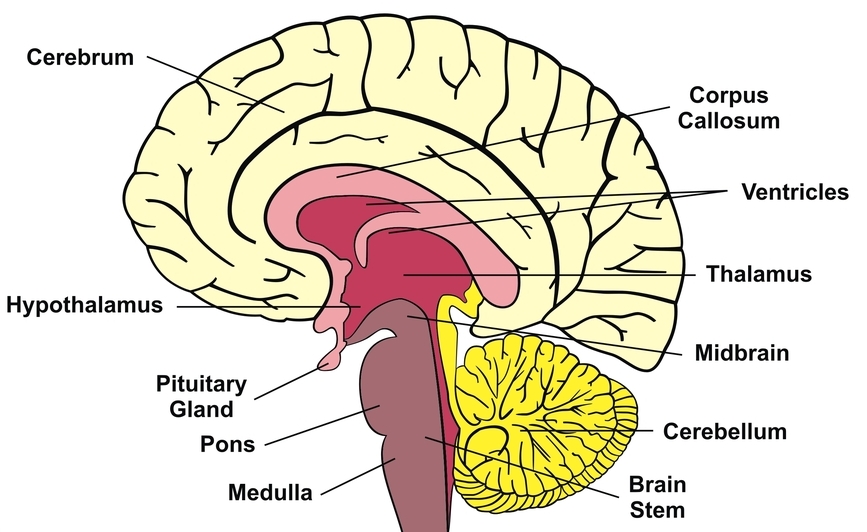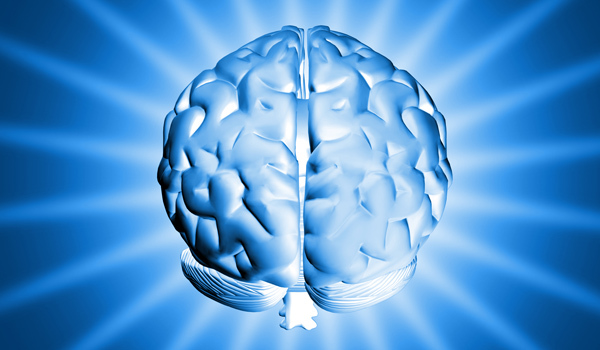Kim Ann Zimmermann
Kim Ann Zimmermann is a contributor to Live Science and sister site Space.com, writing mainly evergreen reference articles that provide background on myriad scientific topics, from astronauts to climate, and from culture to medicine. Her work can also be found in Business News Daily and KM World. She holds a bachelor’s degree in communications from Glassboro State College (now known as Rowan University) in New Jersey.
Latest articles by Kim Ann Zimmermann
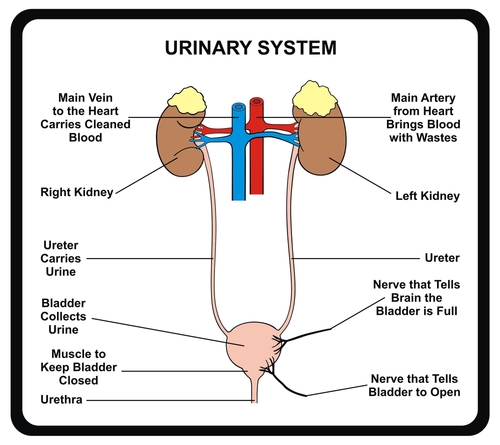
Urinary System: Facts, Functions & Diseases
By Kim Ann Zimmermann published
The urinary system — also known as the renal system — produces, stores and eliminates urine, the fluid waste excreted by the kidneys
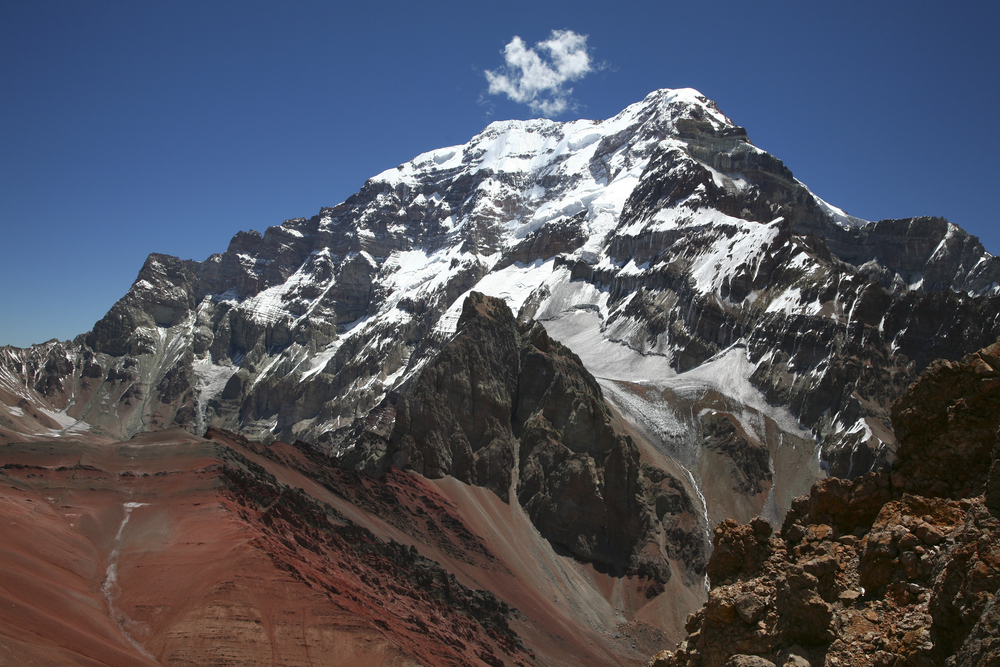
Aconcagua: Highest Mountain in South America
By Kim Ann Zimmermann published
The Andean peak is also the highest in the Western and Southern hemispheres.
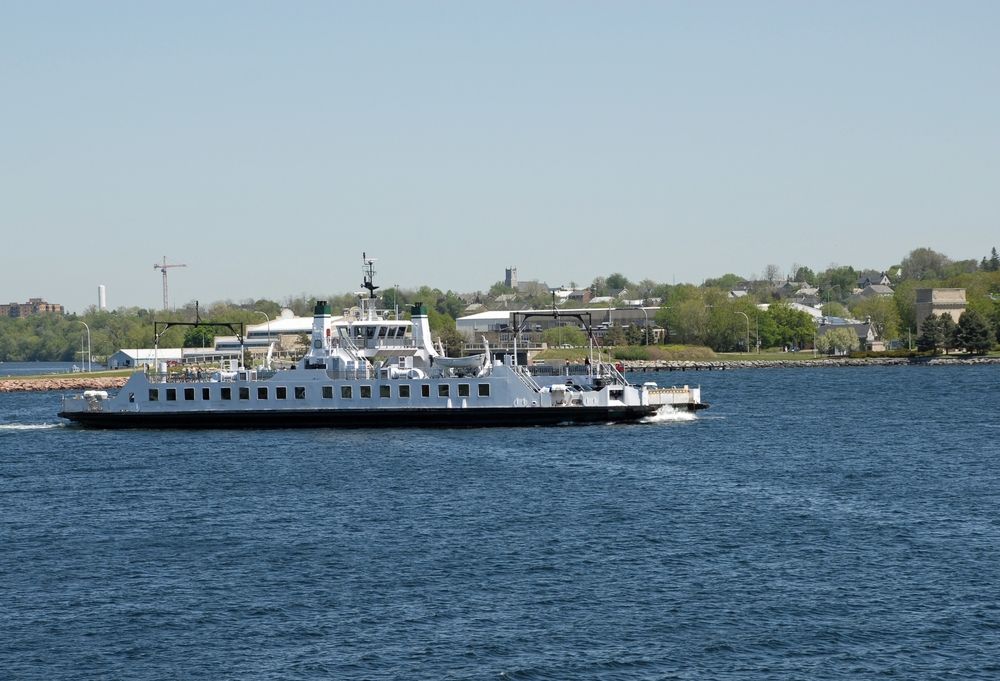
Lake Ontario Facts
By Kim Ann Zimmermann published
Lake Ontario may be the smallest Great Lake, but its waters run deep.
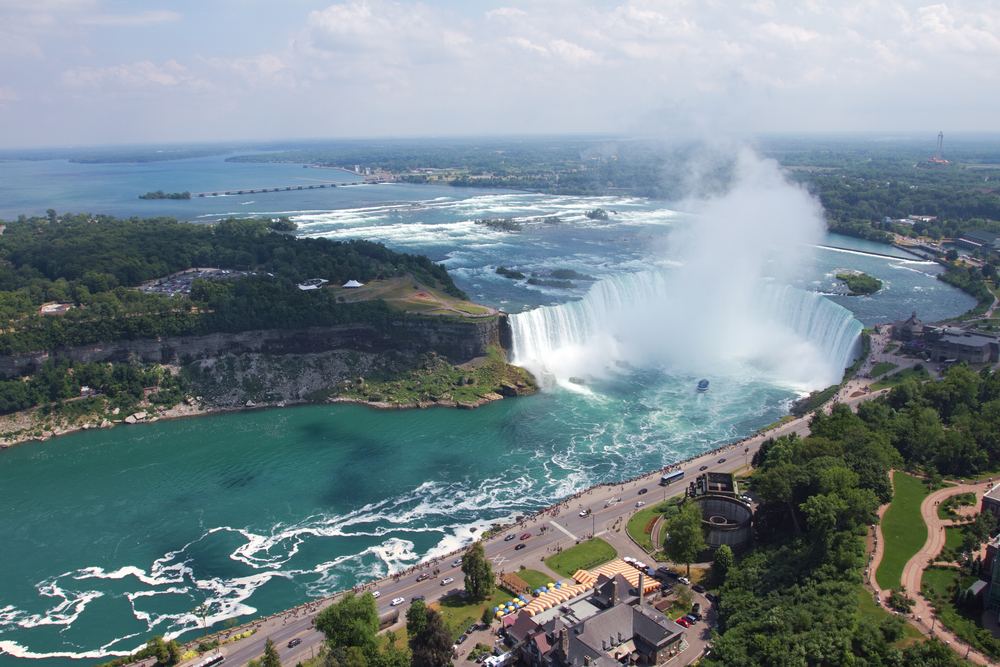
Great Facts About the Five Great Lakes
By Kim Ann Zimmermann published
The Great Lakes — Superior, Huron, Michigan, Ontario and Erie — make up the largest body of fresh water on Earth.
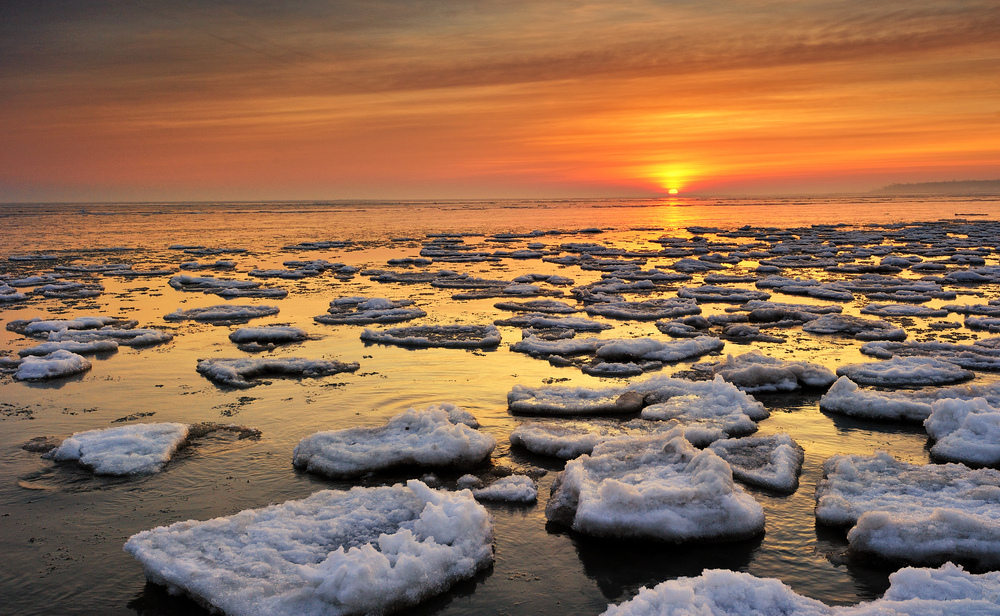
Lake Huron Facts
By Kim Ann Zimmermann published
Lake Huron has the longest shoreline of the Great Lakes. It is the second largest by surface area and the third largest by volume of water.
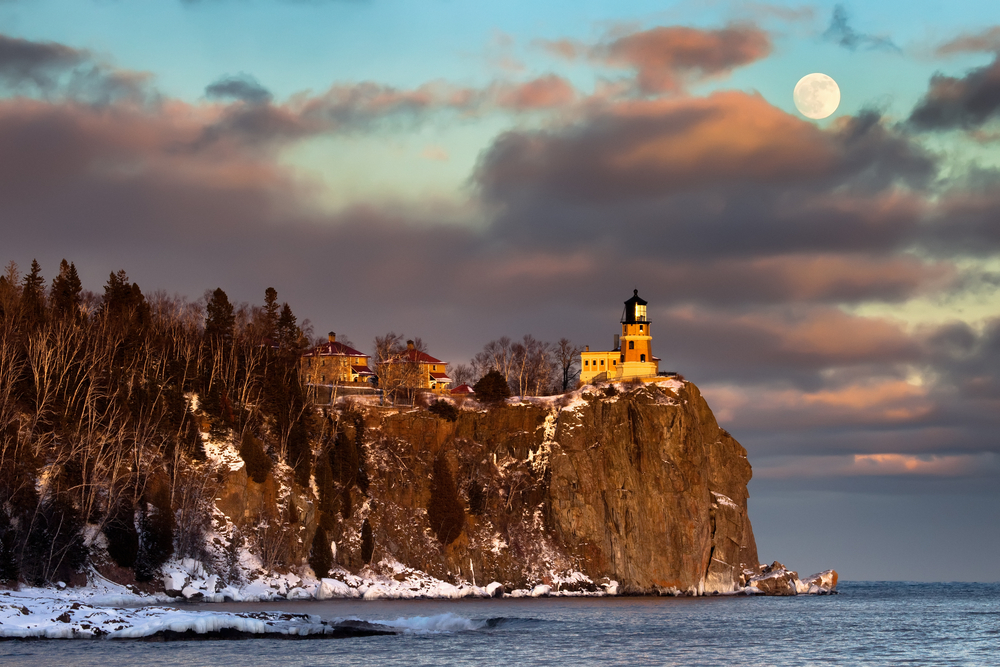
Lake Superior: Facts About the Greatest Great Lake
By Kim Ann Zimmermann published
The largest Great Lake is superior in more ways than one.
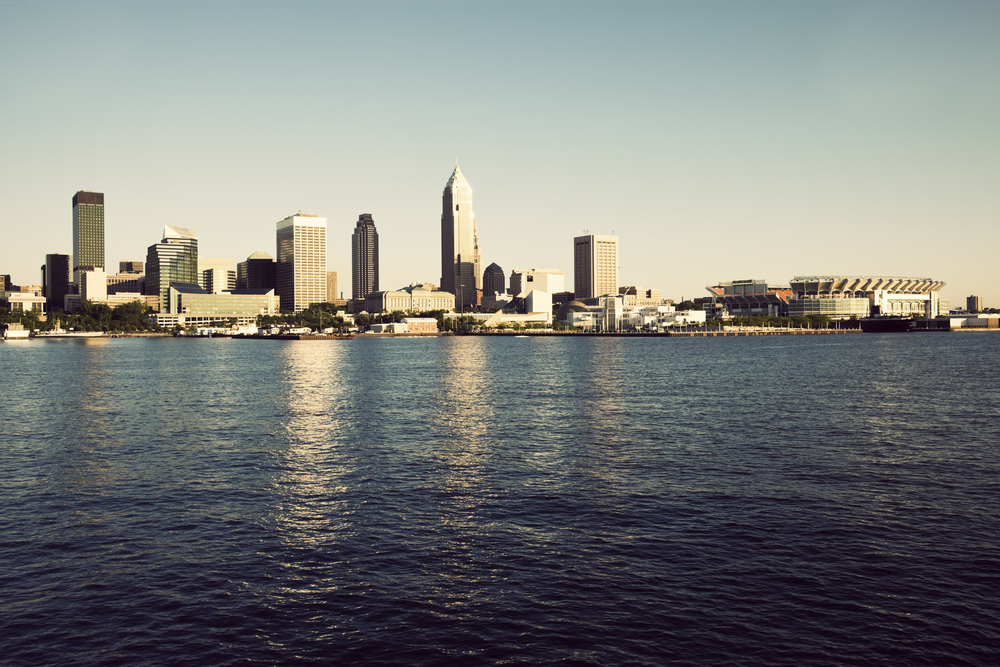
Lake Erie Facts
By Kim Ann Zimmermann published
Lake Erie, the fourth largest Great Lake, is also famous for a battle in the War of 1812 and for the Erie Canal.
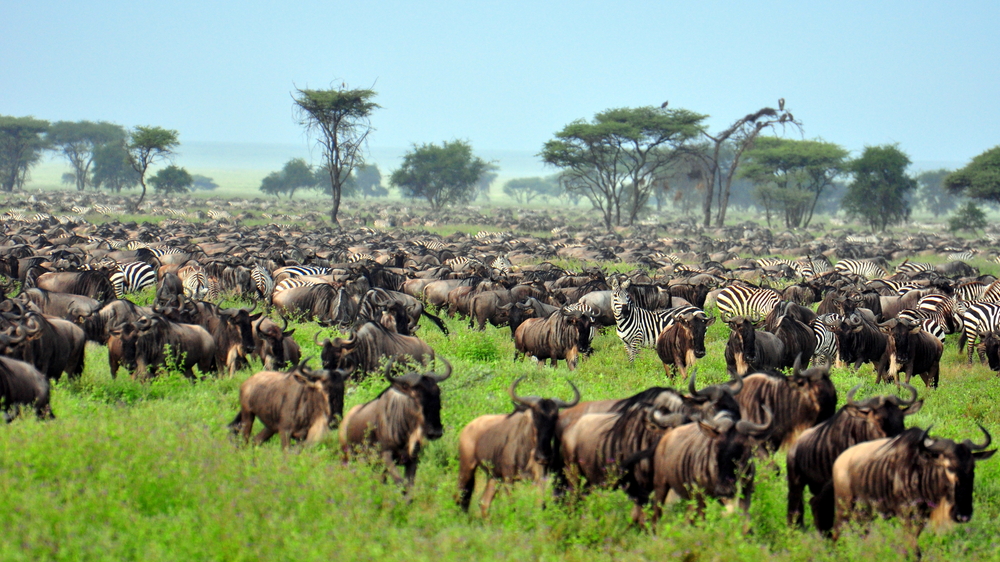
The Serengeti: Plain Facts about National Park & Animals
By Kim Ann Zimmermann published
The Serengeti is a vast ecosystem in east-central Africa.
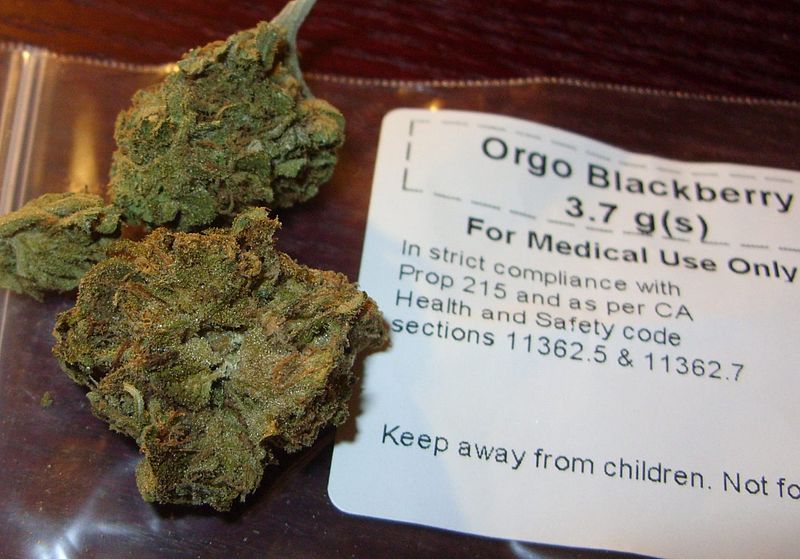
Medical Marijuana: Benefits, Risks & State Laws
By Kim Ann Zimmermann published
Medical marijuana is legal in some states, but debate rages on about whether the health benefits outweigh the risks.
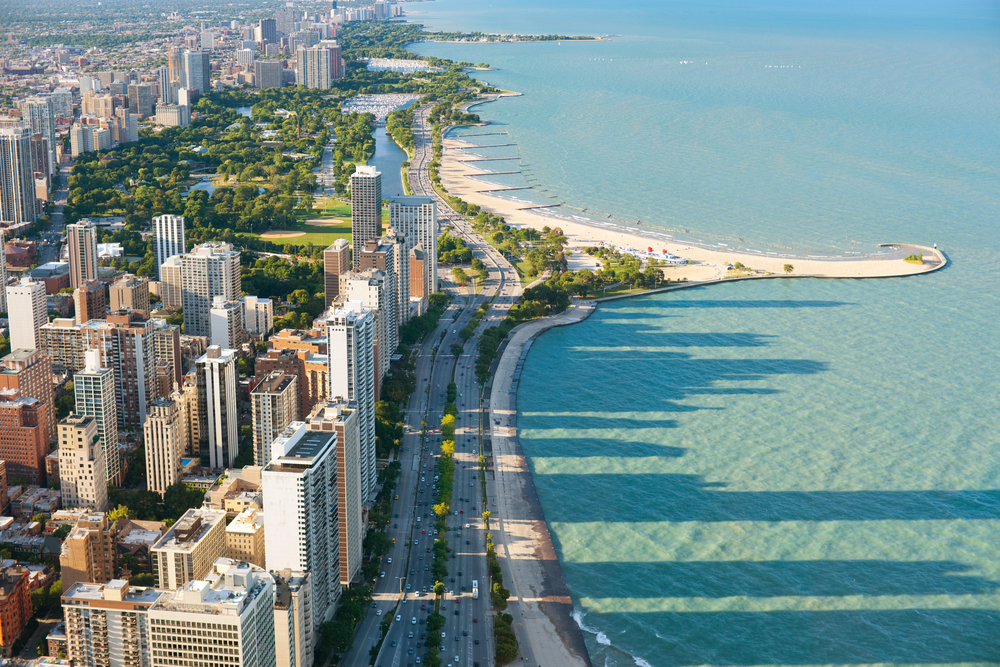
Lake Michigan Facts
By Kim Ann Zimmermann published
Lake Michigan is the only Great Lake located entirely in the United States.
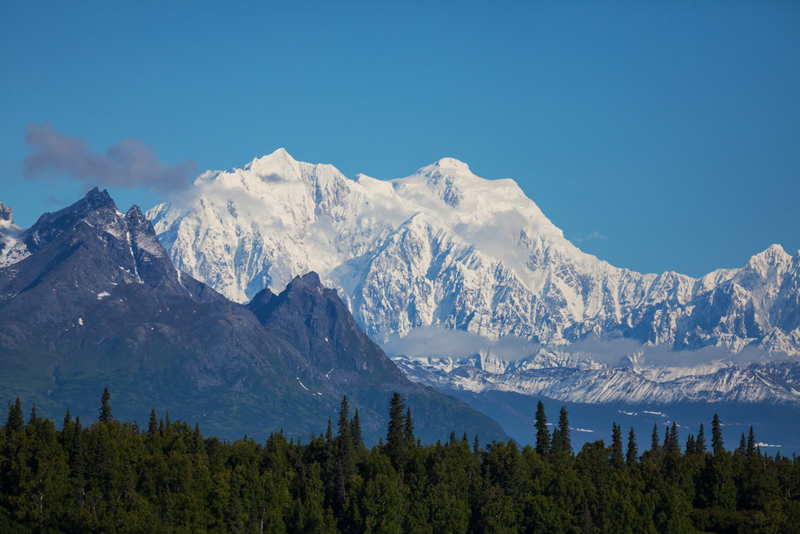
Denali: Facts About North America's Tallest Mountain
By Kim Ann Zimmermann published
Denali, formerly known as Mount McKinley, rises more than 20,000 feet above sea level.
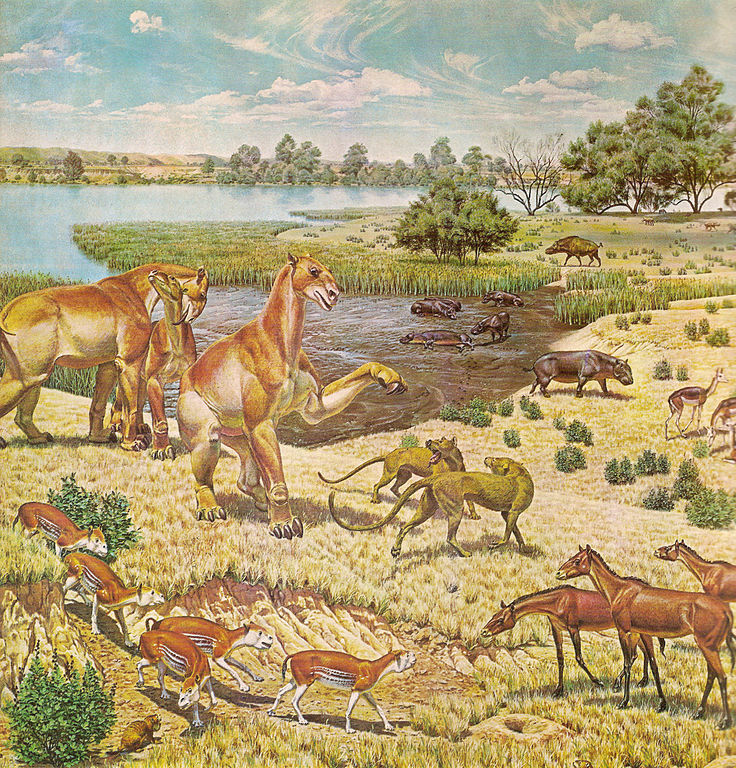
Cenozoic era: Facts about climate, animals & plants
By Kim Ann Zimmermann published
The Cenozoic era began about 65 million years ago and continues into the present.

Muscular System: Facts, Functions & Diseases
By Kim Ann Zimmermann published
The 650 muscles in the human body control movement and help to maintain posture, circulate blood and move substances throughout the body.
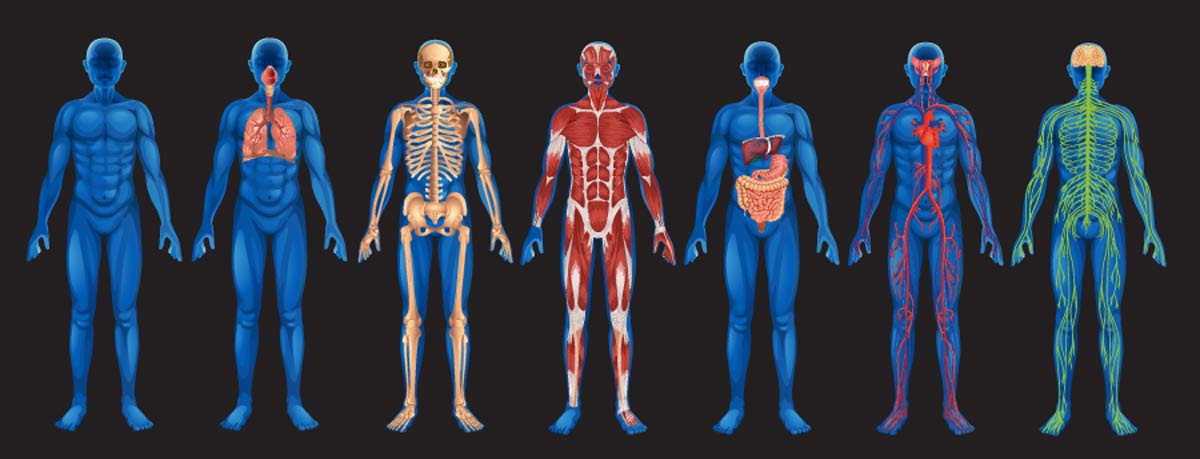
Digestive system: Facts, function & diseases
By Kim Ann Zimmermann published
The human digestive system converts food into nutrients that the body needs.
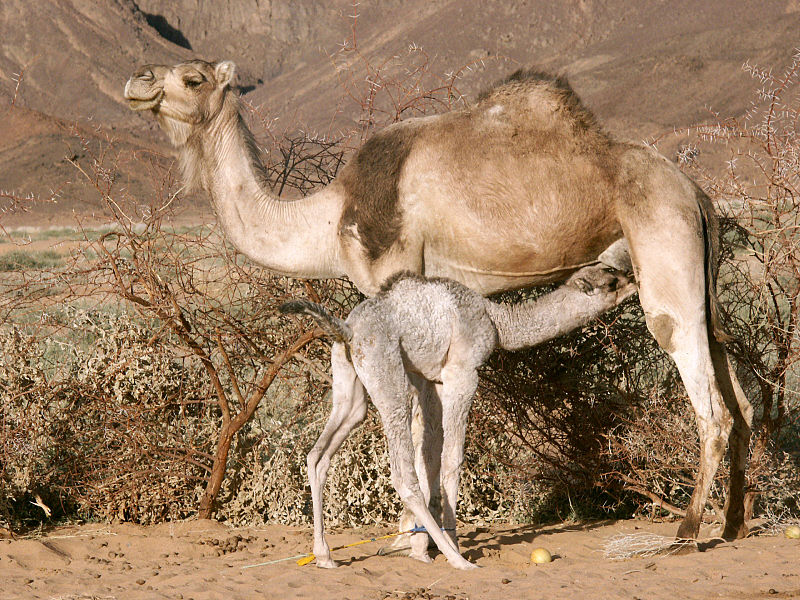
Camel Milk: Nutrition Facts, Risks & Benefits
By Kim Ann Zimmermann published
Some experts say camel's milk may help fight a number of diseases, including diabetes, cancer, shingles and autism.
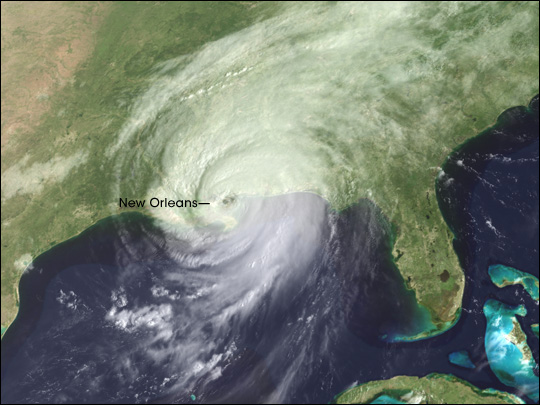
Hurricane Katrina: Facts, Damage & Aftermath
By Kim Ann Zimmermann published
Thousands died and millions were left homeless in the most destructive storm to hit the United States.

PTSD: Causes, Treatment & Symptoms
By Kim Ann Zimmermann published
Post-traumatic stress disorder (PTSD) can occur after a person experiences a traumatic event, such military combat, a natural disaster, or a crisis such as 9/11.

How to Take Your Pulse
By Kim Ann Zimmermann published
The pulse rate measures the rate at which blood pressure increases throughout the body. There are several places on the body where you can find your pulse.
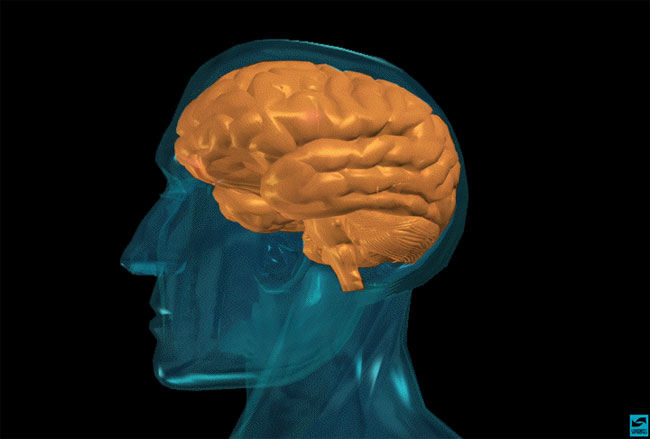
Memory Definition & Types of Memory
By Kim Ann Zimmermann published
Memory involves encoding, storing, retaining and subsequently recalling information and past experiences.
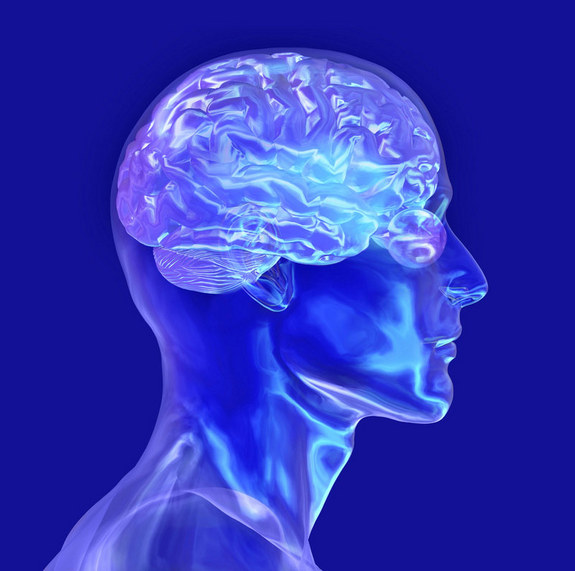
Episodic Memory: Definition and Examples
By Kim Ann Zimmermann published
Episodic memory is a person’s unique memory of a specific event; it will be different from someone else’s recollection of the same experience.

Procedural Memory: Definition and Examples
By Kim Ann Zimmermann published
As the name implies, procedural memory stores information on how to perform certain procedures, such as walking, talking and riding a bike, without having to consciously think about them.
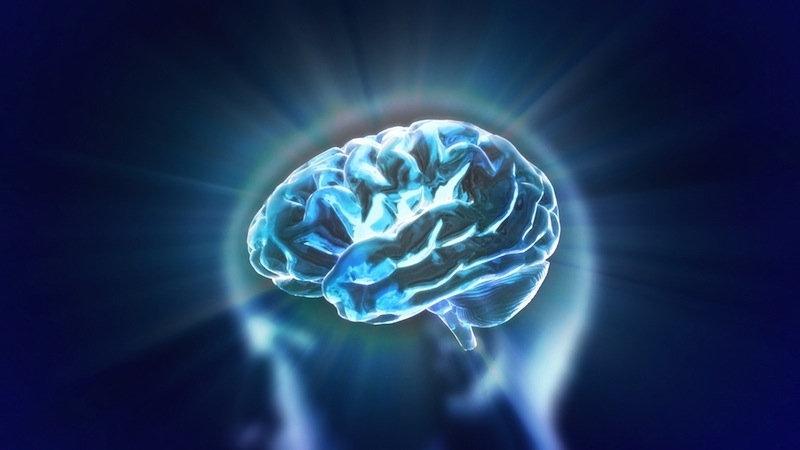
Implicit Memory: Definition and Examples
By Kim Ann Zimmermann published
Implicit memory uses past experiences to remember things without thinking about them, like how to ride a bike or button a shirt.
Sign up for the Live Science daily newsletter now
Get the world’s most fascinating discoveries delivered straight to your inbox.
